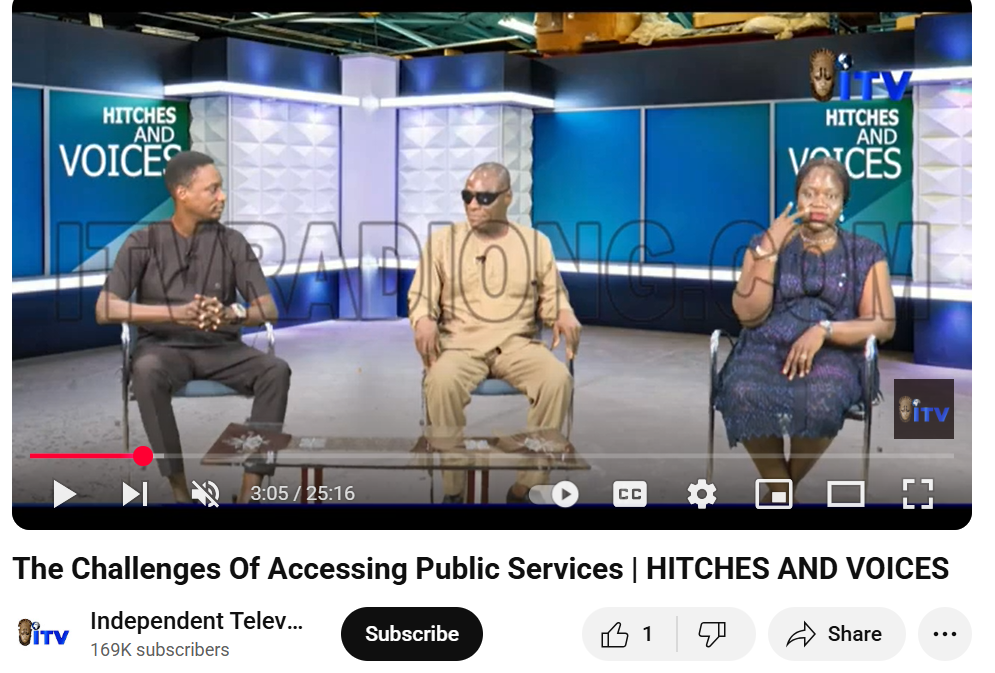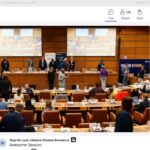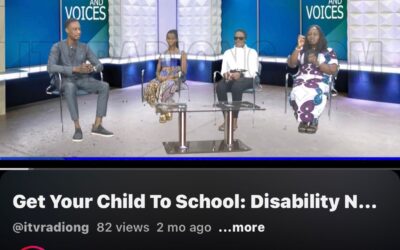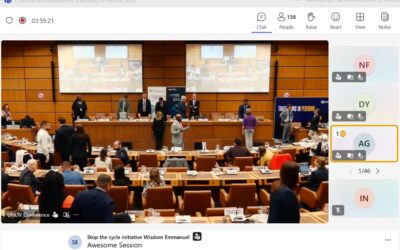
On the August 1st edition of Hitches and Voices, Mr. Lucky Imafidon, Chairman of the Nigeria Association of the Blind, shed light on the persistent challenges that persons with disabilities (PWDs) continue to face when trying to access public services in Edo State. He noted that although there has been visible progress compared to past years, the pace of change is still slow, and the overall effectiveness of accessibility measures is only about 40%.
According to him, PWDs often encounter difficulties that many members of the general public may not recognize. These include long queuing processes that do not take their needs into account, unprofessional or insensitive treatment from service providers, and the burden of stigmatization. In many cases, when PWDs request assistance, they are wrongly perceived as beggars rather than individuals exercising their rights as citizens. This misperception, he explained, not only undermines their dignity but also prevents them from receiving the services they are entitled to.
In the area of public transportation, Mr. Lucky acknowledged that there has been some progress. He noted that awareness of disability laws is slowly beginning to influence public attitudes, creating an environment where discrimination is being challenged. Encouragingly, more PWDs are now gaining visibility by being elected into leadership positions, participating in decision-making, and benefiting from fellowships. These developments, though modest, show that inclusion is possible when awareness and action go hand in hand.
Speaking on the Edo State Disability Law, he confirmed that members of the association are now seeing more benefits from the commission established to oversee its implementation than they did in the past. This improvement reflects that the law is beginning to have practical effects. However, he emphasized that more work is needed, particularly in the area of awareness. Without greater publicity and deliberate outreach, many PWDs will remain unaware of their rights under the law, making it harder for them to access opportunities in education, vocational training, and employment. He stressed that laws and commissions only achieve their purpose when people know about them and can demand their enforcement.
Mr. Lucky also raised the issue of financial accessibility, which often goes unnoticed in broader discussions of inclusion. He pointed out that ATM machines in most banks are not user-friendly for persons with visual impairments, leaving them dependent on others for simple financial transactions. To address this, he recommended that banks introduce ATMs with tactile buttons and other accessible features, ensuring that PWDs can independently access financial services without compromising their privacy or dignity.
In closing, Mr. Lucky made an appeal to the government and relevant stakeholders to make public facilities more available, functional, and meaningful for PWDs in Edo State. Accessibility, he argued, should not remain at the level of policy statements or legal provisions. It must be reflected in daily reality — in schools, hospitals, workplaces, transportation systems, and financial services. Only then can PWDs experience true inclusion and equality in society



